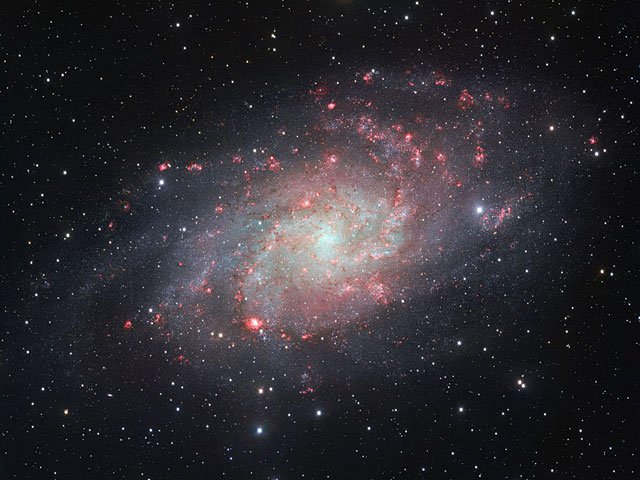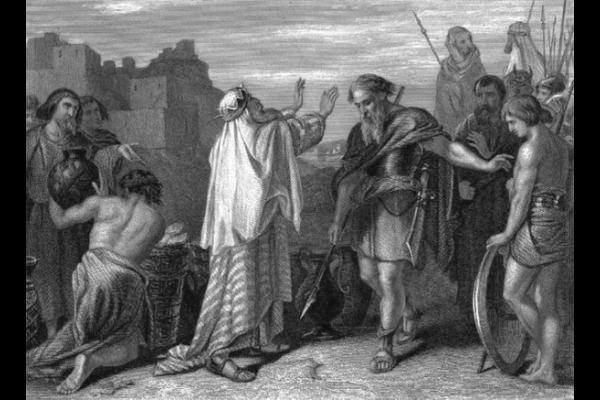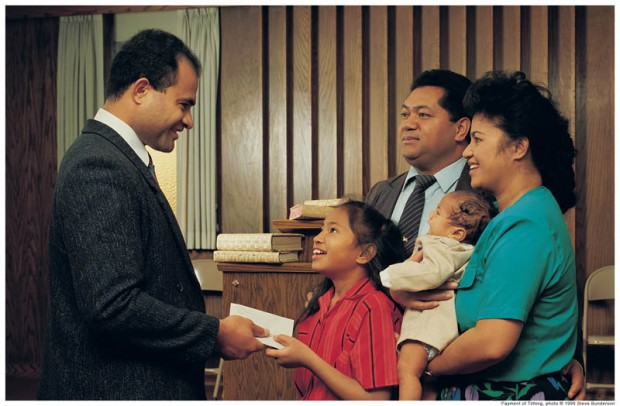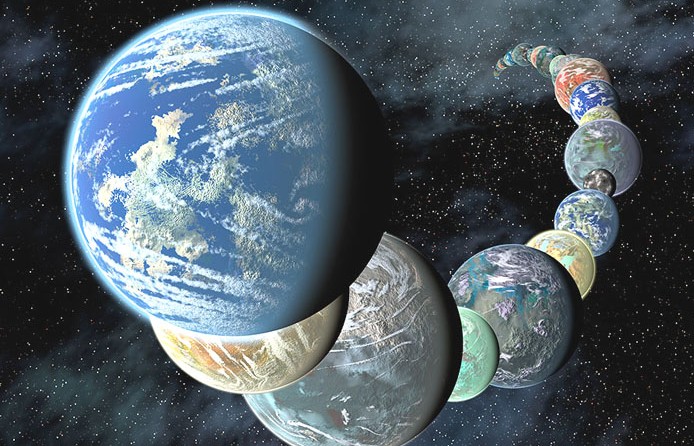Question
Gramps,
How could there have been no first God? Life started from somewhere. Also If I think of eternity for long, like no end, I feel so trapped! Like I can’t get away from it all. No end at times to me is scary. How can I find comfort and joy?
Ginny
Answer
Dear Ginny,
I think that your comfort and joy, in the end, will have nothing to do with your musings over the duration of eternity, but rather will be intrinsically tied to how you feel about and comply with the simple, ordinary, here and now concepts of the gospel of Jesus Christ. Nevertheless, I can understand how troublesome it can be when we see apparent conflicts in some of the philosophical concepts related to such things as existence, reality, time and eternity. Let me try one more time to try to make a little sense out of the concept of eternity.
There’s not much we can do, because the full understanding of eternity is not given to us while in mortality. Here we deal with the concept of time. The concept of time leads us to before and after, to beginnings and endings. But we must remember that time is a transitory, restrictive notion that has but a temporary existence. When we will have passed through the time phase of our existence we will be able to look back and appreciate how temporary and how restrictive it was. We learn in the Mormon Church scripture, the Doctrine and Covenents, 77:6 that the earth exists in time for a period of only seven thousand years.
Q. What are we to understand by the book which John saw, which was sealed on the back with seven seals?A. We are to understand that it contains the revealed will, mysteries, and the works of God; the hidden things of his economy concerning this earth during the seven thousand years of its continuance, or its temporal existence.
Time will be up, so to speak, when the seventh angel shall stand forth upon the land and upon the sea, and swear in the name of him who sitteth upon the throne, that there shall be time no longer. (D&C 88:110)
The dictionary defines eternity as infinite time. But that is not exactly a true definition, since in eternity time does not exist. In Hebrews 7:3, the great Melchizedek is euphemistically spoken of as being without father, without mother, without descent, having neither beginning of days, nor end of life; but made like unto the Son of God; abideth a priest continually. However, this is not really an accurate translation of the original letter by Paul. What was originally said by Paul was that this Melchizedek was ordained a priest after the order of the Son of God, which order was without father, without mother, without descent, having neither beginning of days, nor end of life. And all those who are ordained unto this priesthood, are made like unto the Son of God, abiding a priest continually. The concept here is that the priesthood of Mechizedek is not restricted to a limited time frame, but exists in eternity without beginning and without end.
God declares himself to be eternal in the following terms in Moses 1:3, another Mormon Church scripture, called the Pearl of Great Price, which includes the book of Moses.
And God spake unto Moses, saying: Behold, I am the Lord God Almighty, and Endless is my name; for I am without beginning of days or end of years; and is not this endless?
Now let’s look at the thing philosophically for a minute. Consider the premise that nothing exists. There are no worlds, no people, no extension, no universe: there is NOTHING. Accepting this premise, how can it be that from that nothing something comes into existence? If there were nothing there, nothing could have come into existence from that nothing. If once there was nothing, there could never, ever be anything generated from that nothing.
Now consider existence as it is and ask if it could possibly disappear into nothing? It defies all reason to assume that all existence could somehow turn into nothing. Matter can surely change form and place, such that it could become hardly recognizable or perceptible; it can even be turned into pure energy, but it could never cease to exist.
You say you feel trapped if indeed there is no end to existence. You would only be trapped if there were an end to existence. It is so much easier to believe in the generation of the Gods than it would be to try to imagine that somehow a being such as God arbitrarily appeared from nothingness. You may try to accept the fact that you, yourself, are of the generation of the Gods. When you were born as a spirit child of Eternal Heavenly Parents, a previously existing non-destructible, eternal intelligence, that is the real, fundamental, always-existing you, entered that infant spirit body giving it independent life. That intelligence, clothed with its spirit body, was born into mortality so that the spirit could become clothed with physically material flesh and bones. After mortality, the blood that courses through our veins will be replaced by spiritual material, and we will have finally grown to the stature of the nature of our Father in Heaven. We may or may not mature to an eternal adulthood to become like our Heavenly Parents. It all depends on whether or not we are willing to follow the course that leads to that eternal adulthood. That course has been graciously revealed to us by our kind and loving Father, who desires that we return to Him. But as independent, eternal intelligences, the choice of whether or not we follow the marked path back to our eternal home is strictly up to us.
Gramps







